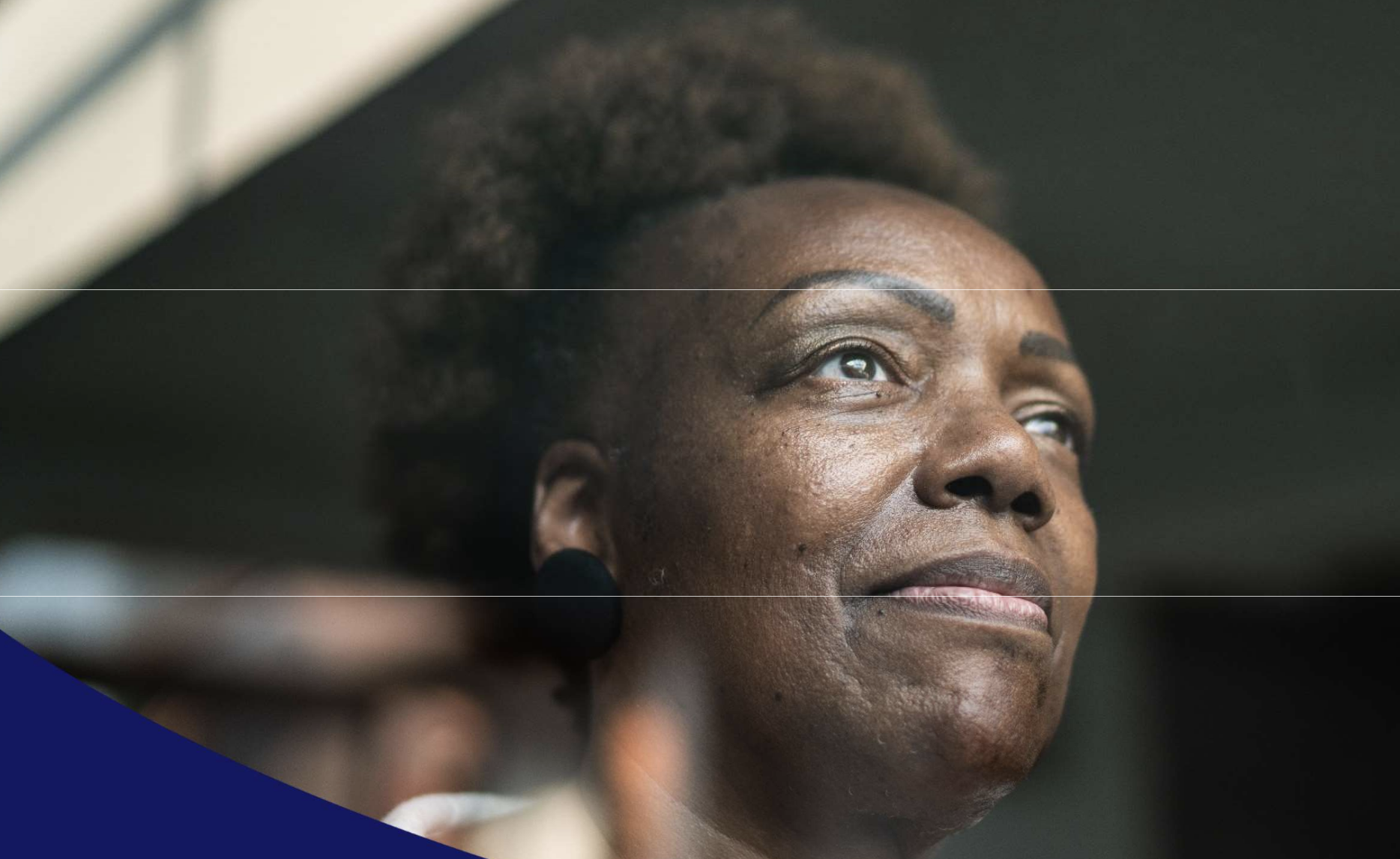A new report from Age UK “Ageing while Black: the experiences of older Black Caribbean people in England” draws on in depth interviews with older Black Caribbean people to understand more about what it’s like to age in our country while Black.
It finds that in later life, they often continue to face significant barriers in many aspects of their lives, including accessing vital public services like the NHS and benefits, because of disadvantages that have accumulated over a lifetime and the way this intersects with institutionalised racism and ageism they encounter today.
The Charity commissioned the research on which the report is based as a follow up to its work in support of the Windrush Generation’s efforts to obtain justice and recompense for the harm and distress caused for them by the Windrush Scandal and hostile environment policies.
Age UK says that although the needs and experiences of older people from racially minoritised communities are under-researched, with official data often scanty or completely absent, all the evidence that does exist tends to point in the same direction: these are people who are often faring less well than the rest of our older population, and they are over-represented among the groups who experience problems that undermine a person’s capacity to live well as they age.
For example, we know that over half of people from minoritised ethnic backgrounds aged 50+ in England (53%) are experiencing one or more issues, such as loneliness, poor health, an unmet need for care and poverty – the kind of challenges that Age UK is here to help prevent and to support older people with – compared to two fifths (42%) of white people aged 50.
In addition:
- One in four Black pensioners in the UK lives in poverty – compared with around one in six pensioners overall.
- Rates of poor health among Black Caribbean men and women in England & Wales are equivalent to White British people ten years older.
- Black Caribbean people aged 50 and over in England are far less likely to own their homes mortgage-free (31%) compared with all people over 50 in England (54%) and are more than twice as likely to live in social housing.
- Black Caribbean households aged over 50 in England are twice as likely to live in housing deprivation (10.3%) compared to all ethnic groups (5.3%).
The study highlights how decades of racism and inequality often manifest in later life in poorer health and wellbeing, financial insecurity, lower home ownership rates, and reduced trust in and access to public services. Some of the participants described experiences of being overlooked, mistrusted, or excluded, particularly earlier on in their lives, with racism and now ageism often intersecting to disadvantage them today.
The report contains ten main policy recommendations for the Government and other public bodies including the NHS, in response to the problems and issues identified by the research:
- Tackle institutional racism through a national programme and targeted initiatives in the NHS and central Government.
- Improve ethnicity data collection so policymakers can address specific needs, including the intersection of age and race.
- Address ethnicity pensions and pay gaps and strengthen workplace protections against combined discrimination.
- Improve access to benefits through culturally appropriate, community-based support.
- Ensure fair housing by enforcing standards and providing advice for older people with mortgages.
- Develop culturally competent financial education for retirement and estate planning.
- Build trust in NHS services and target health screening information to Black Caribbean communities.
- Offer tailored mental health support that factors in both racial and age-related challenges.
- Fund community spaces and intergenerational programmes for older Black Caribbean people.
- Implement Windrush justice reforms including fairer compensation and pension inclusion.
Caroline Abrahams, Charity Director at Age UK said: “To its credit, this Government is committed to rebuilding the trust lost by the disgraceful Windrush scandal, but that’s not enough. They should go further, look seriously at the recommendations in this report and make the kinds of changes needed to give older Black Caribbean people the equality to which they are entitled.”
Jeremy Crook OBE, Chief Executive, Action for Race Equality says:
“ARE welcomes AGE UK’s pioneering report focusing on older Black Caribbean people, particularly highlighting the concept of ‘weathering’ – the accumulative impact of institutionalised racism, in areas such as employment, healthcare access and housing.
“The report’s recommendations reflect the reality of a lifetime of inequality. We hope the intersectional approach to understanding the experience of older Black Caribbean people is applied to address the relentless inequalities this generation has faced – a generation that has given so much and, for too long, received too little in return.”
